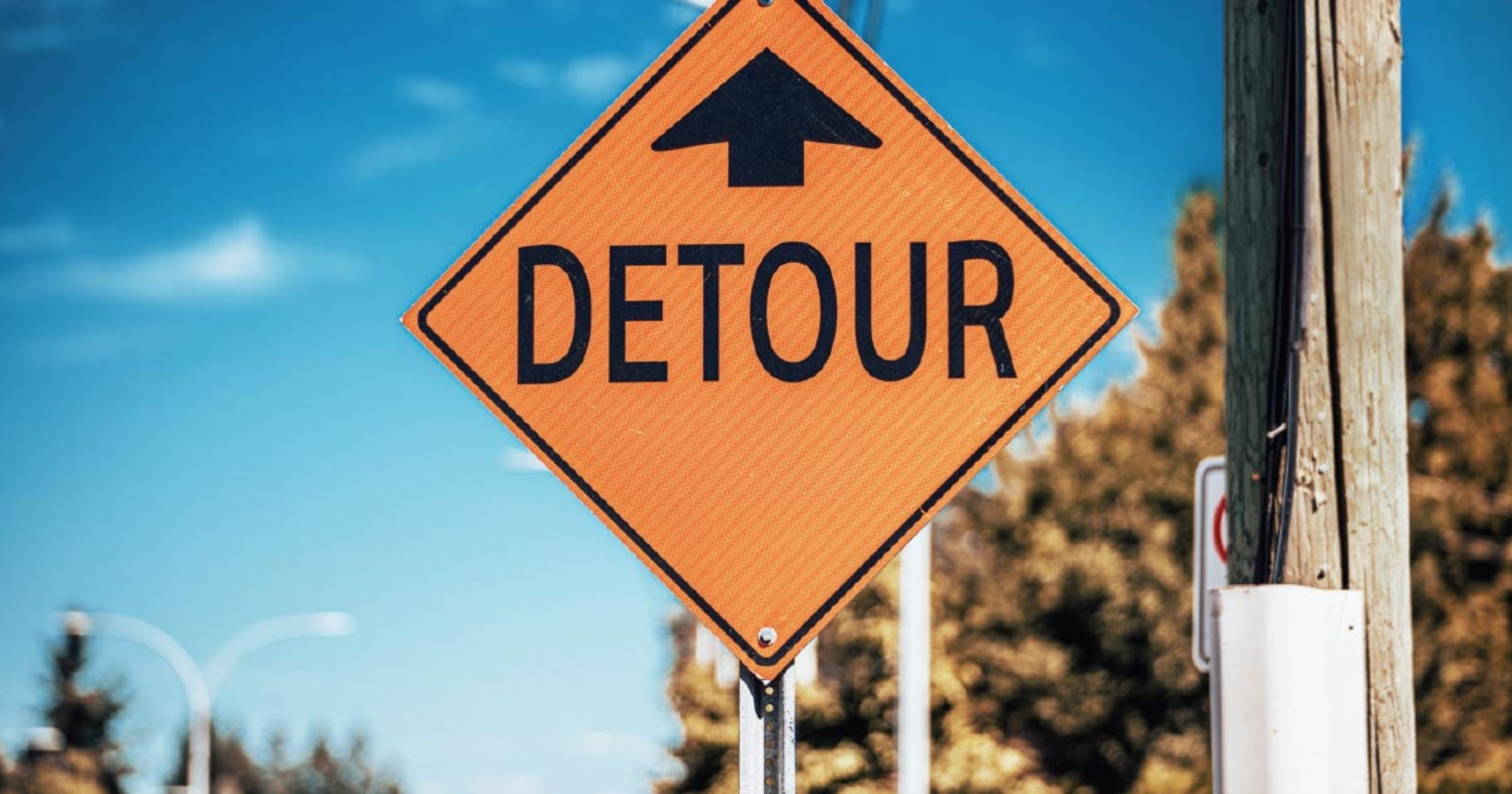Giving Back to the Comeback City
"The only thing we ask is you love our city as much as we do," said Aaron Foley, appointed Neighborhood Storyteller for the city of Detroit and author of the book How to Live in Detroit without Being a Jackass.
To love Detroit (pronounced Duh-troyt, not Dee-troyt) is a gray area. Detroiters love their city—and those who aren't natives, but have been living there for more than a few years, might say they do. "New Detroit" residents love the city with the passion of a teenage crush. Outside the city, some love to make jokes about the Lions and, given the season, talk about how the "Tigers need to get it together." Other outsiders love to talk about Detroit as if they're an expert—and they might be, on how the media presents the city.
I was born and raised in West Michigan, about a three-hour drive across the state from Detroit, and grew up with the understanding that the city was part of my core as a Michigander. But I'm not going to pretend to know anything beyond stereotypes and icons, such as rampant crime, vacant houses caving in, the abandoned train station, the abandoned old Ford plant and ... Motown and Coney dogs, of course.
So, I read (most of) Foley's book in preparation for writing this essay.
And I will try to write about Detroit without being a jackass.
According to Foley, Detroit was once a city of 2 million people. Today, it's broke and harbors somewhere around 700,000 residents. (Only an estimated 60 to 80 percent of the city's 139 square miles is occupied.) Detroit was once the mecca of the now-global automotive industry and home of M-1, or Woodward Avenue, the first paved road in the United States. When the auto industry began decentralizing from Detroit between 1945 and 1957, a substantial portion of the population left with the companies. Even Motown moved, to Los Angeles in the 1970s.
Long story short: Foley pens three main factors for the city's bankruptcy: "White flight, ineffective policies put in place long before any of us were born, and too heavy of a dependence on the automotive industry."
Yet in recent years, it seems the steering wheel may be finally turning around. Motor City and Motown has a new nickname: America's Great Comeback City.
Here's where the tourism industry comes in.
The United Nations World Tourism Organization (UNWTO) recognizes tourism as a critical force in sustainable development and livability. Tourism drives economic growth, encourages inclusivity and promotes environmental sustainability.
That's not all.
I'm going to lose most of my street cred here: I was only introduced to the travel industry on a professional level about a year ago. But in that short time, I've realized that if any group of people is equipped to love a city as much as its citizens do, it's the travel professionals.
I'd wager that's why 200 volunteers from 22 states and 80 companies joined Tourism Cares—the philanthropic community of the tourism industry—in Detroit on May 12, 2017, for the signature event in the Tourism Cares for Our Cities series.
"Detroit was on the top of our wish list from the very beginning," said Jessica Ahern, Director of Events, Tourism Cares. "Detroit is a city with so much to offer—and it's evolving in rich, substantive ways."
Larry Alexander, president and CEO, Detroit Metro Convention & Visitors Bureau, reports there's been $20 billion of reinvestment in downtown Detroit in the past few years. The city is renowned for its art and cultural institutions, rich architecture and unique experiences. Thanks to its diverse culinary scene, the city has soared in the tourism industry as a top food destination with neighborhoods—including Corktown, Hamtramck, Greektown and Mexicantown—offering global bites. Detroit's Eastern Market is the largest outdoor farmers market in the nation, packed with farmers, retailers, wholesalers and vendors.
"The growth in the downtown area is immense. And yet, there are still improvements to be made in surrounding areas where we knew we could help make an impact," Ahern said. "I think with all the growth, there's an opportunity to not only focus on the neighborhoods that make Detroit great, but also on the people who are helping move the city forward."
Tourism Cares donated more than $30,000 in volunteer labor, saving their work partners many months of work and time. Volunteers worked on scores of projects, at sites across the city: Some got a crash course in the art of graffiti while transforming one of the Detroit Bus Company's iconic buses; some prepped the grounds and beds at Belle Isle's Anna Scripps Whitcomb Conservatory for the upcoming planting season; I spent the day with the team at Georgia Street Community Collective Garden (GSCC), where we worked on various projects including building a chicken coop, clearing debris and hanging out with goats.
While volunteering to pull weeds and paint fences, we practiced what I've come to realize travel does best: inspiring a greater depth of knowledge and appreciation for a place through shared experiences and stories.
"We wanted to not only allow our industry to be tourists to see the sites, but to build a deeper connection to the people who live there that never stop working to better their communities. We learned so much from them," Ahern said. "Healthy and happy communities lead to amazing tourism experiences, and providing an opportunity for the travel and tourism industry to be a part of that was one of our goals."
For better or worse, policies will change and the economy will shift. Yet the heart driving Detroit forward beats with individuals—individuals like Mike Covington, founder of GSCC, who began picking up trash on abandoned lots near his grandmother's house and felt moved to grow a community garden. Covington proves that no matter how politics and economics shake out, people will plant seeds, gardens will grow, communities will develop, and the tourism industry will continue to care about places that offer residents and visitors so much.
Just remember this: Speramus meliora, resurget cineribus.
It's Latin for: "We hope for better things, it will rise from the ashes."
And it's Detroit's motto.
Written by Cassie Westrate, staff writer for Groups Today magazine.



